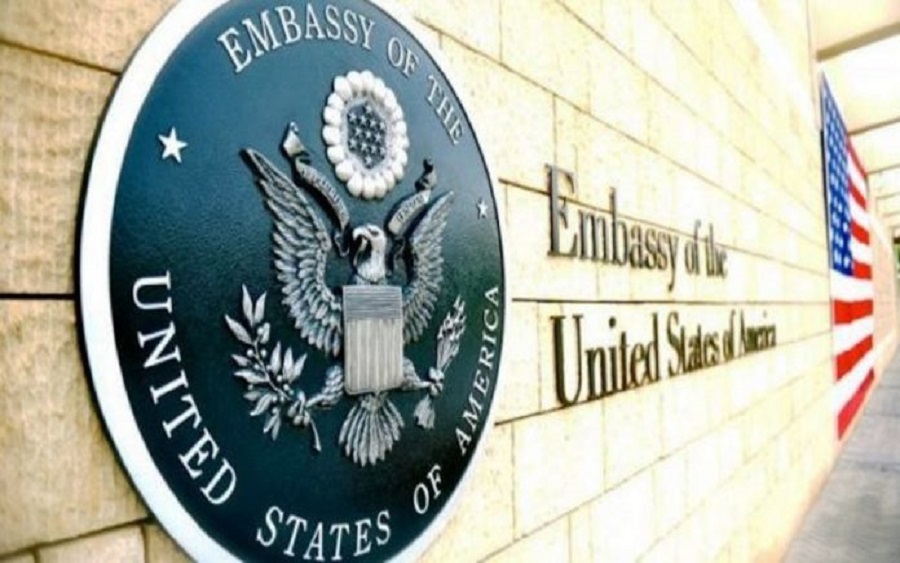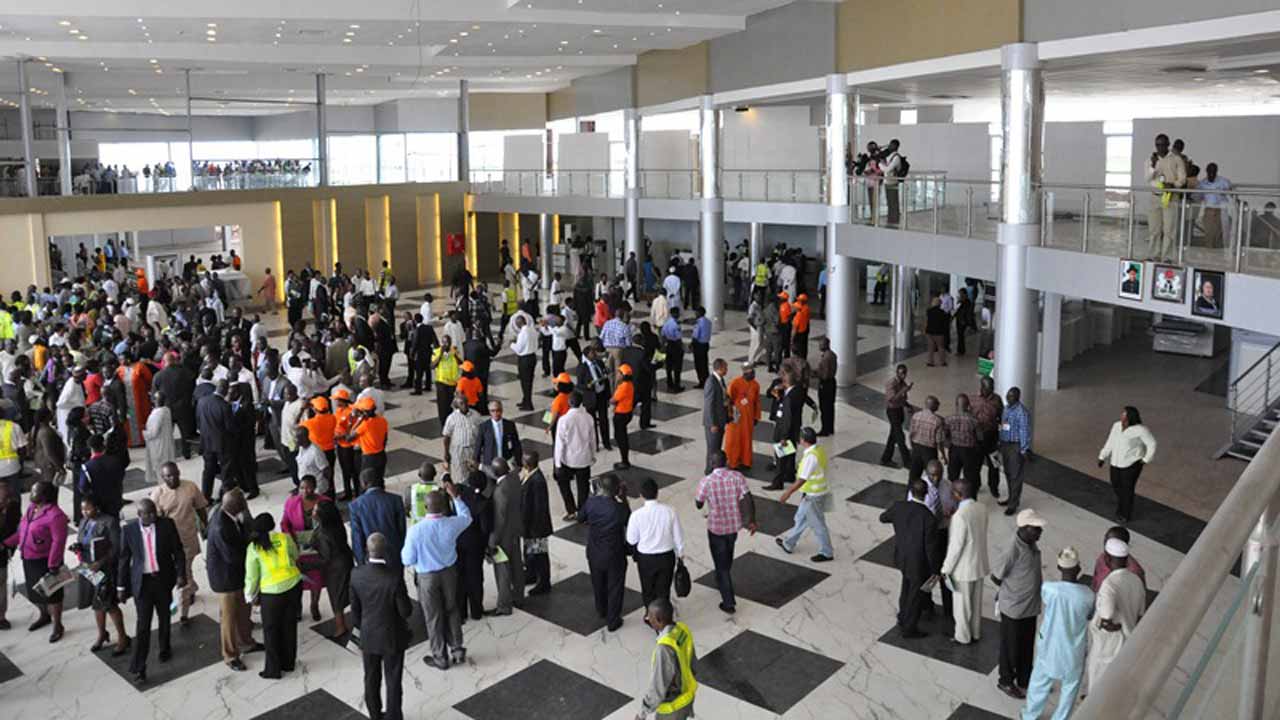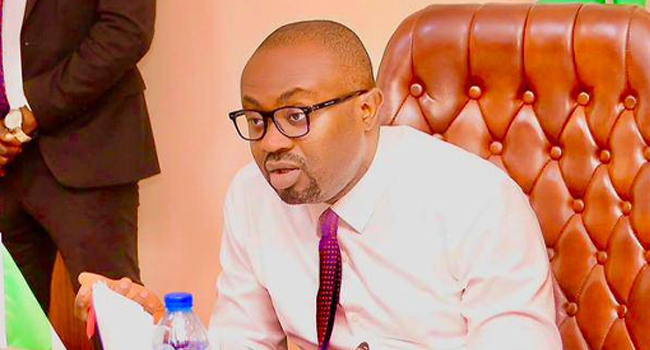The Nigeria Immigration Service (NIS) has unveiled a Centralised Passport Personalisation Centre in Abuja, with the capacity to produce up to 5,000 passports daily — a leap from the previous 250–300 passports processed across multiple centres.
Gatekeepers News reports that Minister of Interior, Olubunmi Tunji-Ojo, announced the development on Thursday during an inspection of the new facility at the NIS headquarters. He described the project as a “game-changing reform” in passport processing.
“For the first time in 62 years, NIS is operating a single central passport production hub. This project is 100 per cent ready, and it will allow Nigeria to be more productive and efficient in delivering passport services,” he said.
Faster Processing and Delivery
Tunji-Ojo said the new system, built in partnership with IRISMAT Technologies Limited, uses advanced machines capable of producing up to 1,000 passports per hour.
• The NIS can now meet daily demand within four to five hours of operation.
• The minister pledged that passport delivery would soon be reduced to one week, instead of the current two-week timeline.
• He noted that when the Tinubu administration took office, it inherited a backlog of over 204,000 pending applications, which he said has now been cleared.
“This centre puts an end to the era of backlogs and delays. Everything is automated and efficient, ensuring Nigerians get value for their money,” he said.
According to him, the centralised system also aligns Nigeria with global standards, strengthening the integrity of its passports and restoring public trust in service delivery.
The Cost Factor
However, the drive for efficiency comes with higher costs. From September 1, 2025, the NIS doubled the fees for new international passports:
• 32-page, 5-year validity: N100,000 (previously N50,000)
• 64-page, 10-year validity: N200,000 (previously N100,000)
The increment, NIS said, reflects the cost of deploying modern technology and sustaining reforms.
“This is more than just about documents; it’s about restoring trust and showing Nigerians that their government can deliver effectively,” Tunji-Ojo added.










